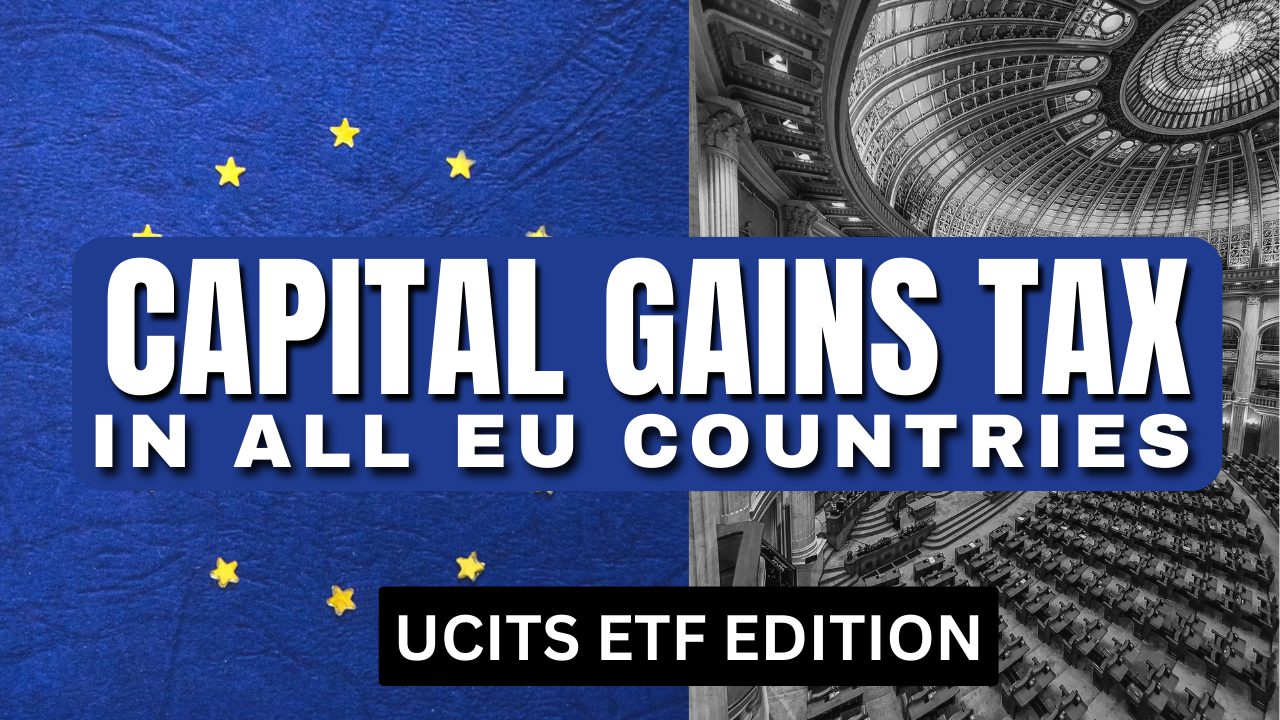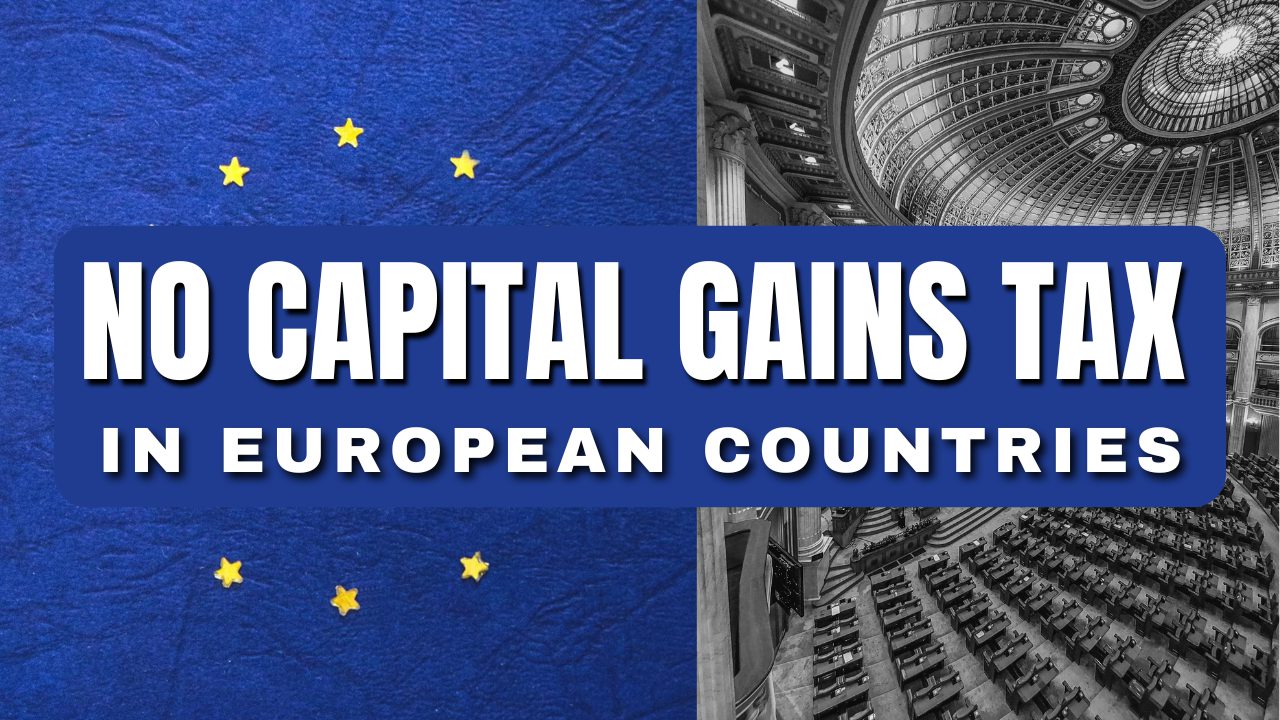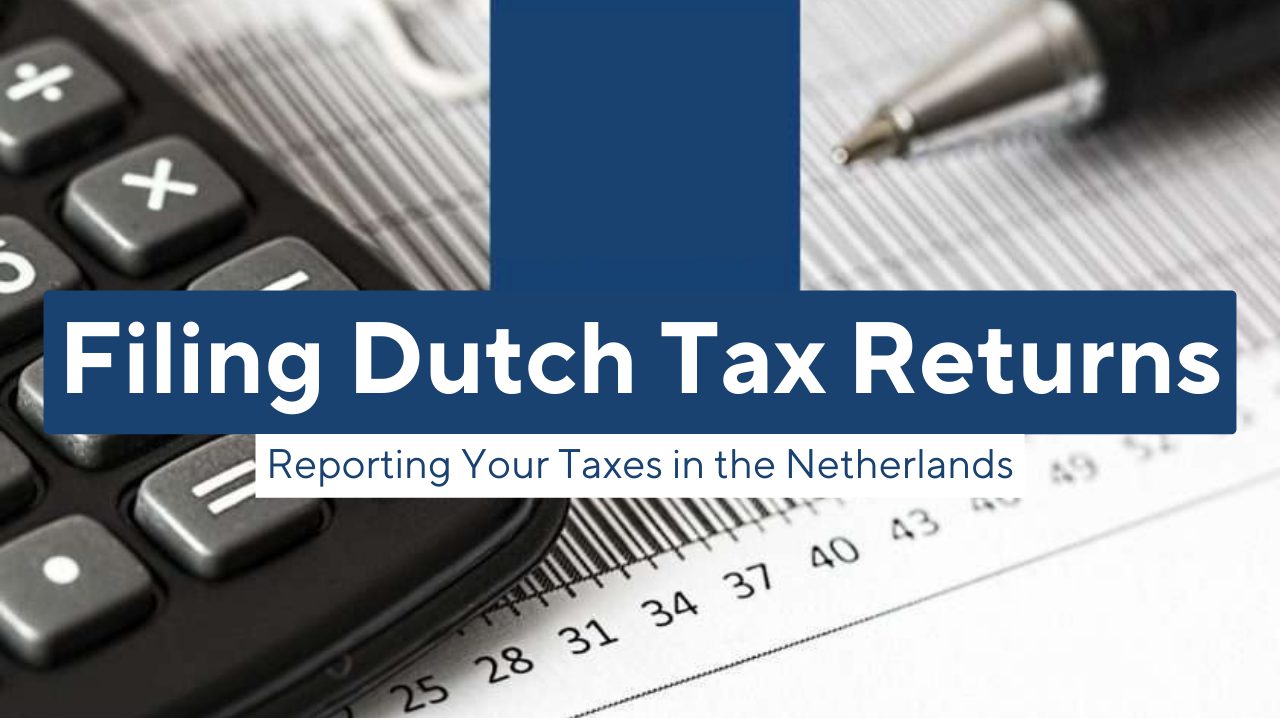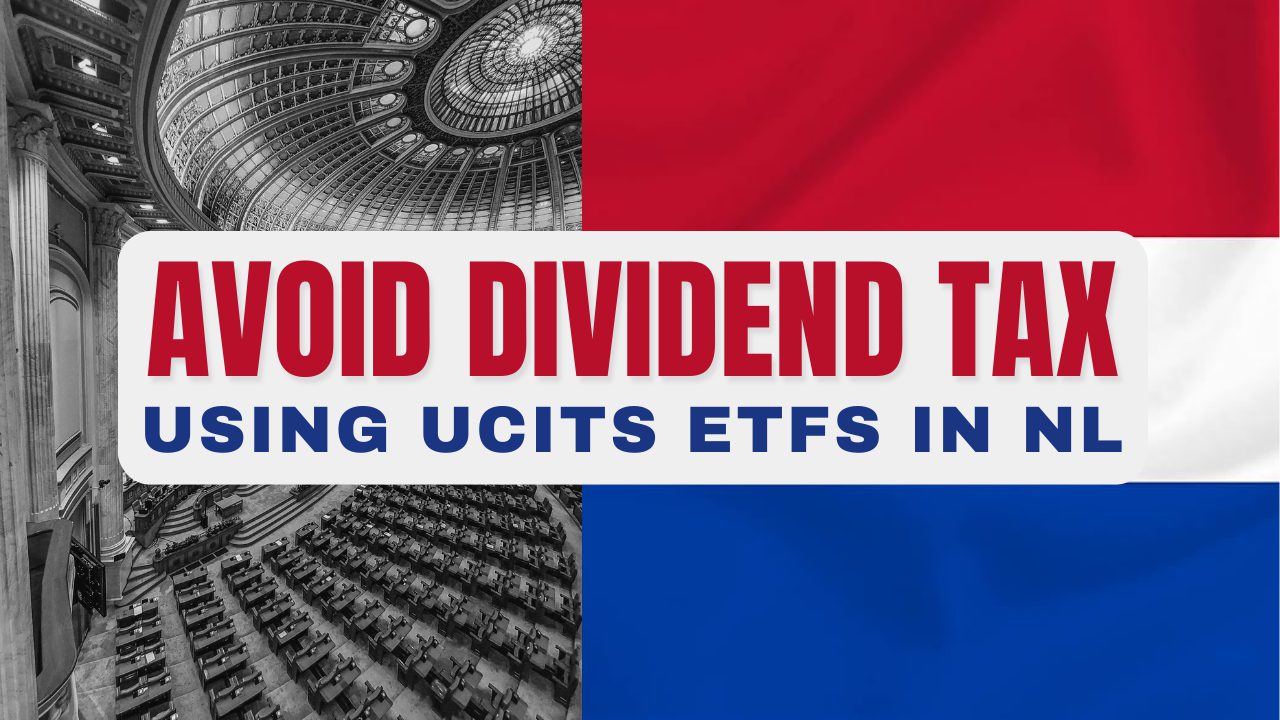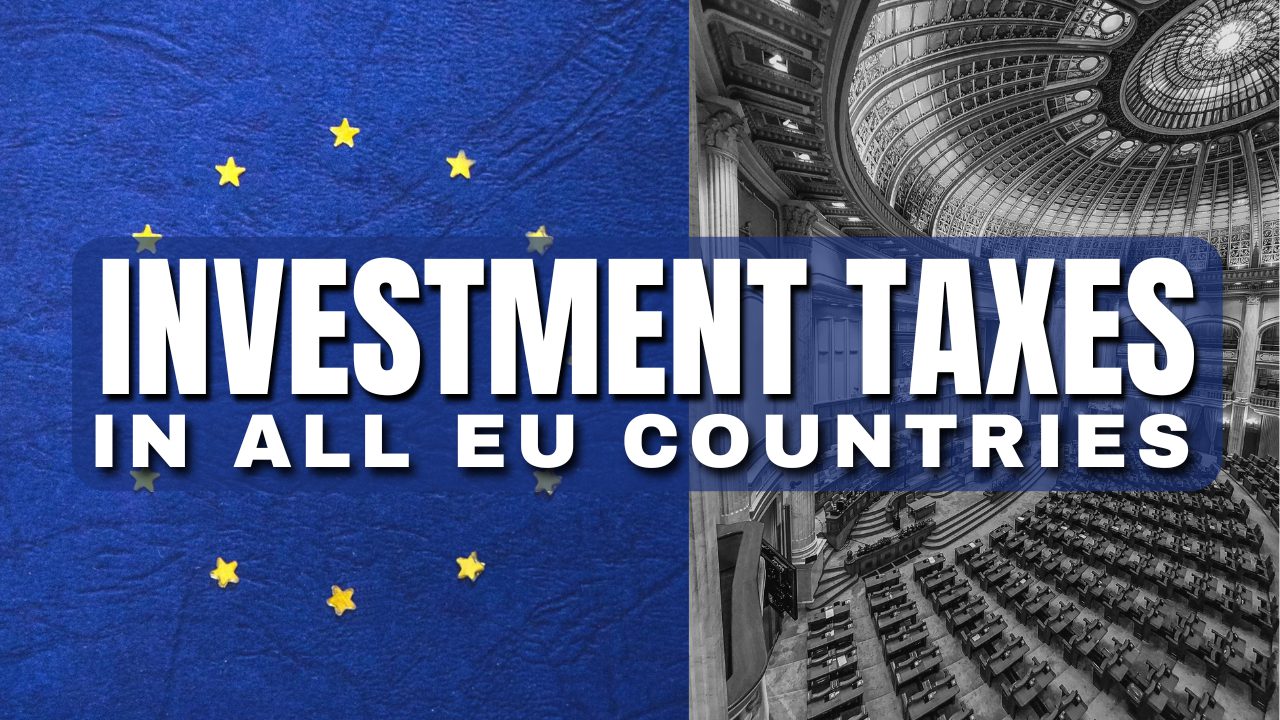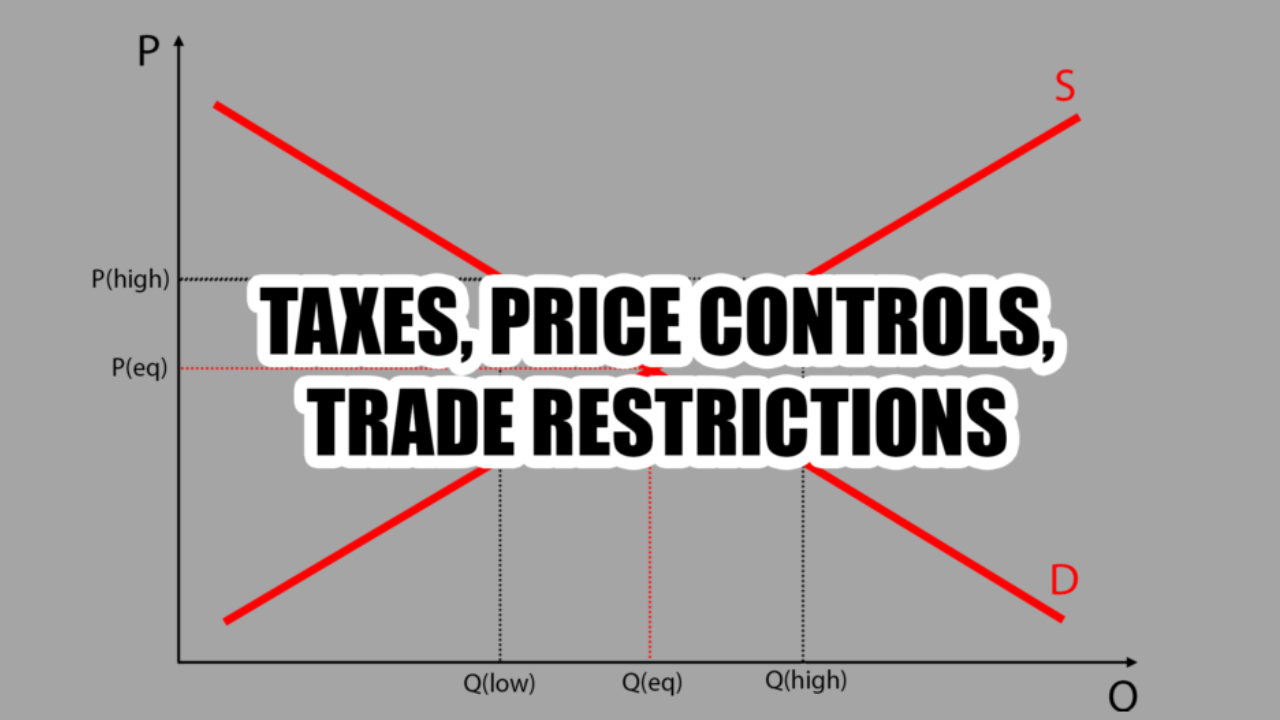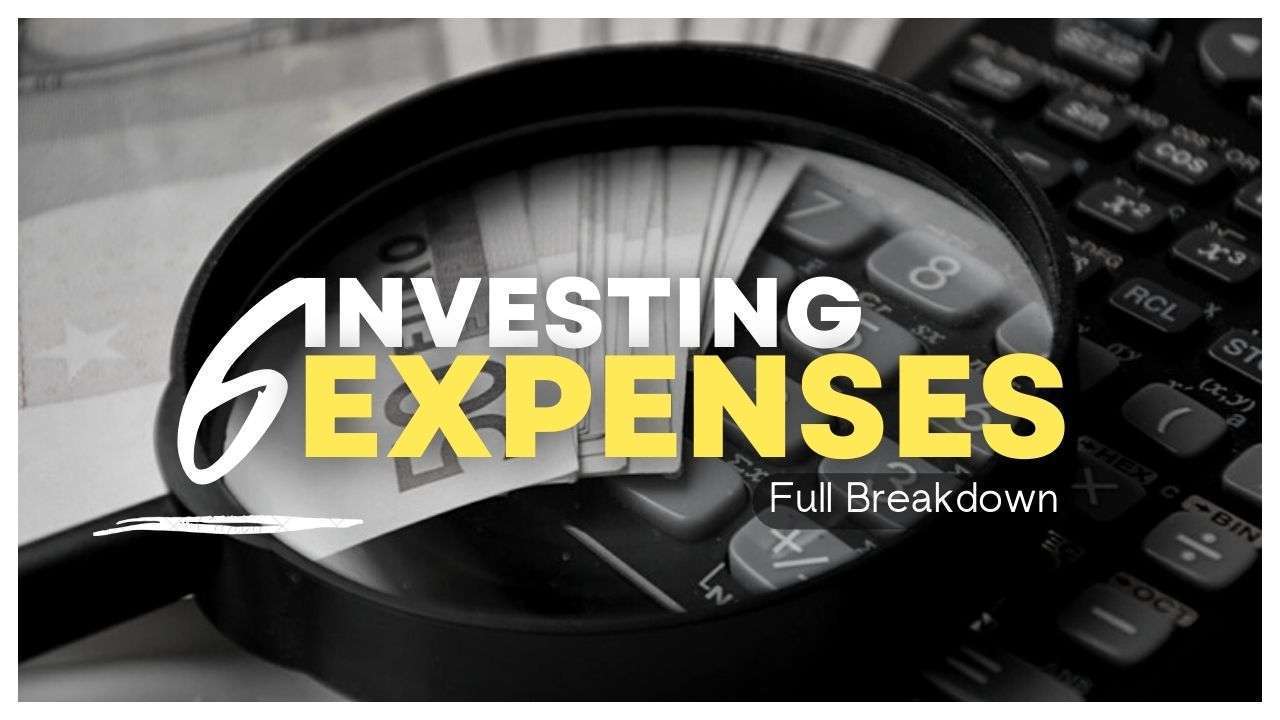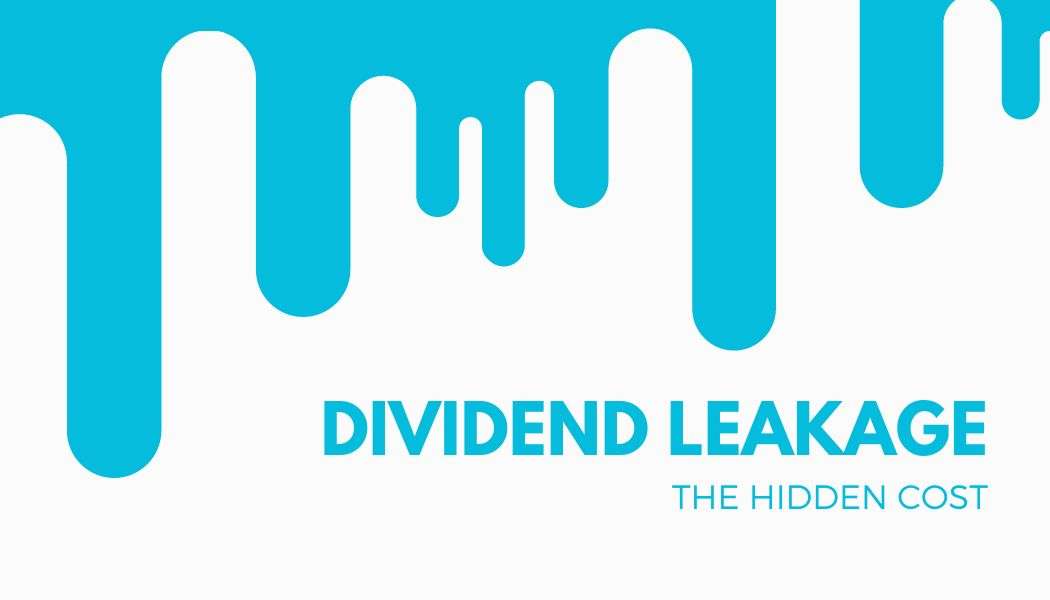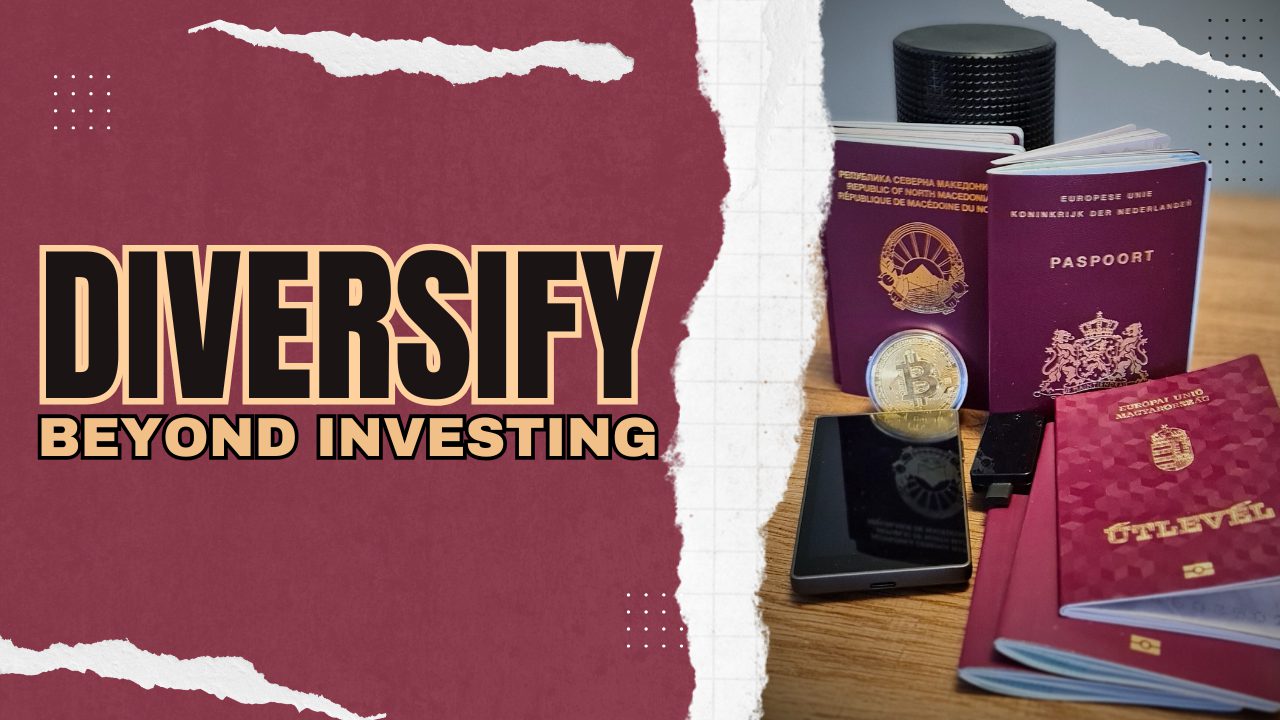
In this post I’ll explain how capital gains and wealth taxes work in the Netherlands.
Let’s first cover the one that’s easier to explain.
Capital Gains Tax in The Netherlands
The capital gains tax in the Netherlands is 0%.
Yup, you’ve read that right!
Regardless of how much gains you realize, you pay nothing on the profit.
This also applies to interest earned from fixed-income investments.
Additionally, we don’t have a reporting obligation to detail all of our buy and sell orders.
Quite straight forward and oftentimes surprising to many.
Wealth Tax in The Netherlands
This is where they get us.
Many countries aspiring to downgrade to a variation of a proven-to-fail system aim to punish “the rich” and enforce a tax on savings and investments.
And based on the Dutch tax code, apparently, being rich means having a net-worth above €57k.
The tax we end up paying every year is 1.5-2.5% of our net-worth above the threshold.
Things included in this calculation are: cash, stocks, bonds, cryptocurrencies, precious metals, real estate, other alternative investments, etc.
Things excluded from it are: the primary residence, cars, and any non-investment-purpose possessions (laptops, clothing, etc.). Of course, there are other taxes for housing and car ownership, but that’s besides the point.
How is the Wealth Tax Calculated?
Disclaimer: the exact numbers change every year, so I’ll be casual with my rounding to explain how it works in a simple manner. Refer to the tax authorities’ website if you’re doing a precise calculation: Belastingdienst.
The way the Dutch wealth tax is calculated is based on the assumption that you’ve realized the stock market’s historical rate of return with your investments exceeding €57k. Then, they tax you at a rate of 36% on the assumed return.
For example, let’s say you have €1M worth of investments on 1st of January.
The first €57k are tax free.
The tax authorities will assume that you’ve realized ~7% return on the other €943k, amounting to ~€66k.
And you’ll need to pay a fake “capital gains tax” of ~36% on these assumed profits, which is ~€24k.
In summary: having an investment portfolio of one million will set you back €24k every year.
Once again, this is enforced regardless whether you made those returns, whether you realized any gains, or whether you lost half of your money.
Short Commentary
In my opinion, this is immoral and should be illegal.
The supreme court tends to agree, as wealth taxes violate the European convention on human rights (our entitlement to peaceful enjoyment of our possessions).
The bureaucrats circumvent this by referring to the wealth tax as “capital gains tax on assumed gains based on the historical market rate of return”.
But “assumed gains” aren’t real. They don’t exist. In reality, you pay 1.5-2.5% of your net-worth on 1st of January that fiscal year.
So, Box 3 Belasting it not a substitute for capital gains tax.
It’s also not a tax on unrealized gains.
It’s tax regardless of gains.
Effectively, a wealth tax.
Long-Term Consequences
At the end, the productive workers are the ones that are most hurt by this – the non-professional investors that prudently invest a portion of their salary into index funds or ETFs.
Let’s say someone allocates their savings in a diversified stock portfolio over the years.
Without taxation on wealth, even if the capital gains tax rate was higher, the person would pay nothing in taxes until he starts realizing gains. But in the Netherlands, you’d be giving away ~2% of your wealth regardless of what happens with it every year.
I’ve recently talked to a person with a (relatively) low salary but (relatively) high net-worth. As the box 3 tax is not based on realized gains, he literally has to work 6 months just to afford to pay taxes.
How is this beneficial to the working class?
What Can You Do?
Unfortunately, there isn’t a way to avoid the Dutch wealth tax, so don’t waste your money on tax advisors.
Always file your taxes truthfully and completely.
As long as you live in the Netherlands, you should abide by the Dutch tax code.
Besides that, there are a few things you can do:
1. Accept
The easiest approach is to just accept that box 3 is the price of living in the Netherlands.
But if you really disagree with the socialist habits of punishing discipline and accumulation of wealth, you can file objections. Don’t expect anything, but let the tax authorities know that you think this violates your rights to enjoy your property.
People that had their savings in bank accounts did this and the supreme court decided that they need to be reimbursed.
If more investors start doing this, we might end up with a system that’s fair to everyone. That leads us to:
2. Educate
Many people have a tendency to defend the system. Of course, most are net beneficiaries of it, so it’s in their best interest.
But I’ve talked with investors that do so as well – I noticed that most are misinformed how investment returns are taxed in other countries (i.e. that there’s no ongoing extortion if you stay in the market).
Let our countrymen know that given the same investment strategy and net-worth, people on the other side of the Dutch border pay 0 until they sell for a profit, or in some cases not even then.
For some, this was an eye opening information, but others insisted to turn a blind eye due to a severe case of Stockholm syndrome.
3. Spread the Word
I find it really sad that this is not covered nearly enough.
Any article that describes “Dutch capital gains tax” lists it as 33-36%.
That’s false – 33-36% is the rate at which the assumed returns are taxed. Not the actual capital gains.
Every time I share how it works, especially with foreigners, they’re mind blown.
So spread the word.
Expose box 3 taxes for what they truly are: unconstitutional taxes on our wealth.
I just did my part.
Closing Thoughts
Overall, I think that the Netherlands is a good place to live in, even with most taxes priced in.
For most people, the pros definitely outweigh the cons… But this one con (pun intended) of wealth taxation is something many have difficulties closing their eyes on.
I wasn’t trying to present parts of the fiscal policy in a negative way, but just to merely state how it works. You can find the same information on the website of the tax authorities.
Now it’s your turn: what do you think about this subject?
If you pay box 3 tax, how do you feel when paying it?
Do you consider yourself free?
For more posts covering specific European investing and taxation topics, visit the EU Investors’ Handbook.
 Husband & Father
Husband & Father  Software Engineer
Software Engineer 


